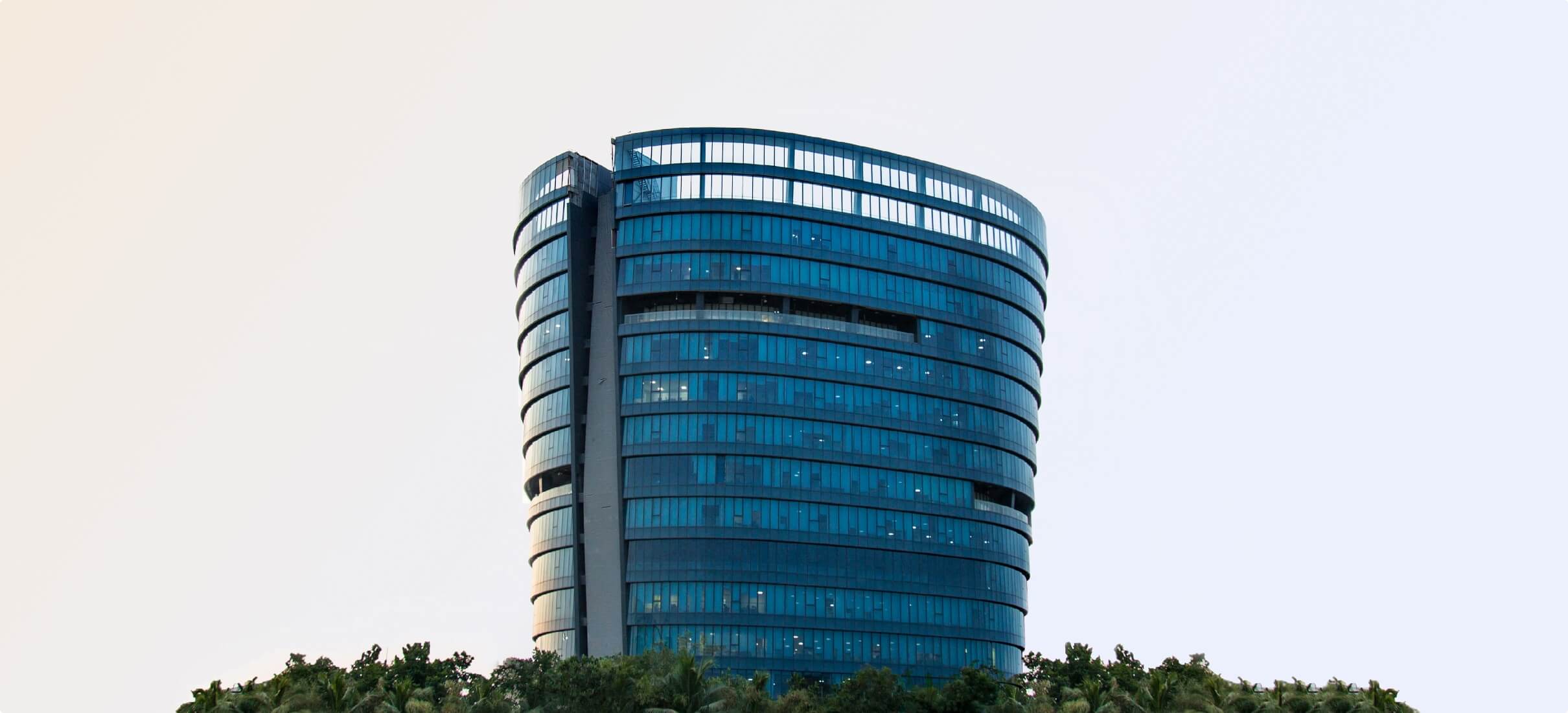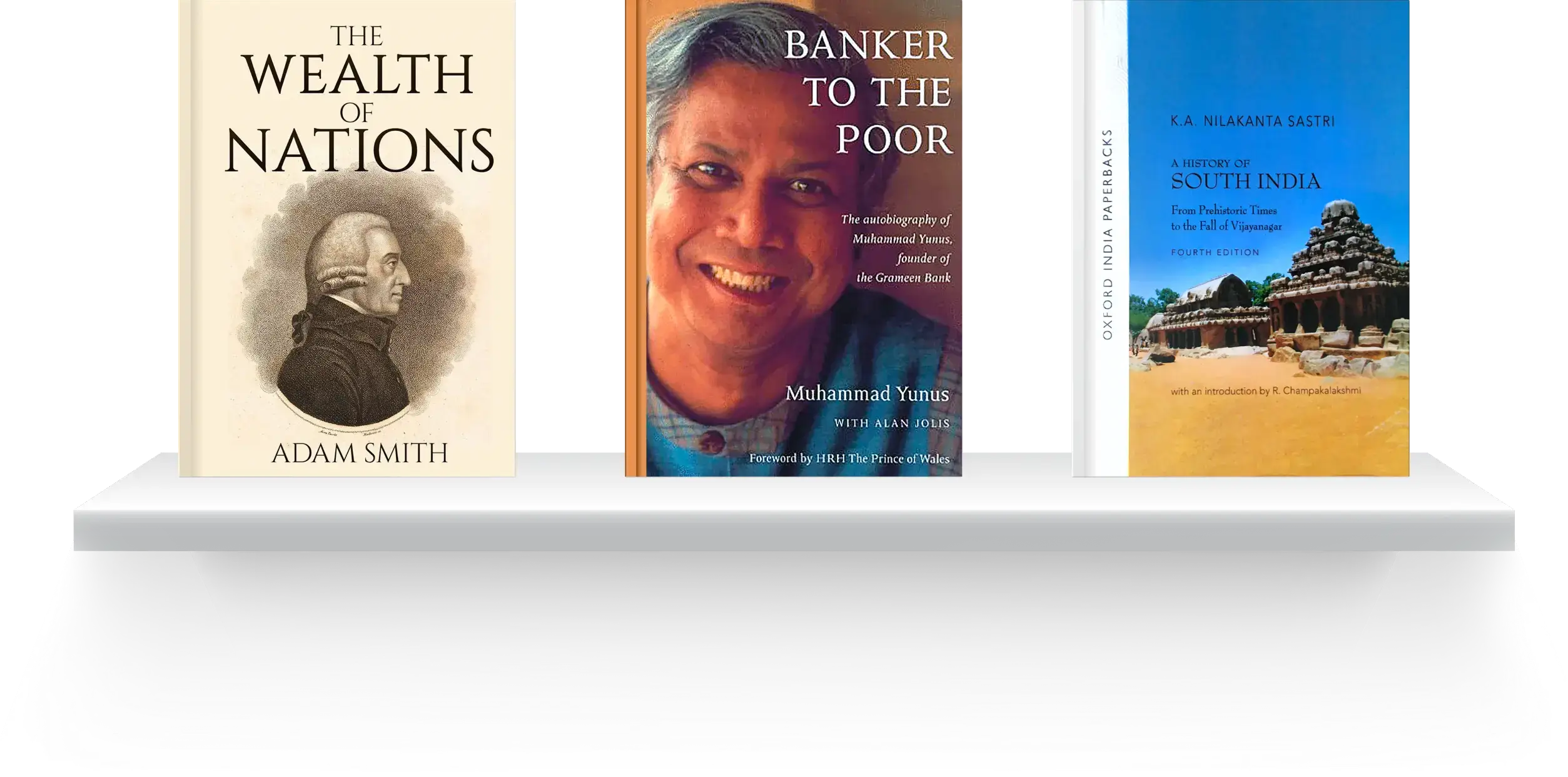Life at Zoho

How does the work culture impact your job and identity?
Zoho gives me the space to be myself, do my job well, and have a life with a purpose beyond my work. I’ve been allowed to own outcomes, make mistakes, pick myself up, and keep progressing. I work across almost all offices globally, yet I don’t have to give up on the little things in my life. The company gives me the privilege of pacing my work evenly, ensuring better quality in everything I work on. It’s a qualitative and long-term mindset that only a bootstrapped and profitable company can offer.
Describe your current role in the organisation.
I lead market strategy and thought leadership research for the CX product group. I help devise, articulate, drive, and propagate strategic decisions and market communication. That’s a fancy way of saying I work with amazing colleagues across leadership to create more maturity within Zoho and propagate that to the outside world. I own outcomes across category and product positioning, market and product research, competitive intelligence, thought leadership, and analyst and influencer engagement.
At Work
What were the highest and lowest points of your journey with Zoho?
The highest point of my journey was growing Zoho Desk from launch to being featured on a Gartner Magic Quadrant within four years. My commitment to the C-suite was to do it within five years, but thanks to my team and colleagues, we did it in under four. The lowest point of my journey was being forced to shift to a remote-first mindset in 2020 during the Covid-19 pandemic. Every team was struggling to modify their behavior and workflows, including mine. On a personal level, I also had to organize my day differently to keep up. It was stressful!

Anything else you would like to share?
I came to Zoho to get two to three years’ worth of broad SaaS experience, and head out to a large name-brand company for the next phase of my career. Yet, here I am after 11 years, still challenged every day and happy to be where I am!

Is there a project or an accomplishment at Zoho you’re proud of?
There are plenty! I started with a product that wasn’t in the top 10 by revenue and grew it to #2, thanks to an all-star team I was fortunate to build. We maintained very low churn, more than doubled the revenue per customer, aced multiple large global releases, and did it all as a happy team. I’ve been fortunate to travel to 20 countries, meet customers of all sizes, and speak at leading industry events. I was also fortunate to lead the launch of Zoho’s first product from rural India—Zoho Desk, and even wrote the now-famous video featuring Sridhar Vembu.


Getting Personal
Tell us about the people you admire outside Zoho.
I admire my immediate family the most (parents, wife, in-laws). They all make exceptionally hard things look pretty easy. They’re all imperfect, but their collective wisdom has helped me tremendously. My friends come in at a close second place. They call out my biases, educate me, keep me grounded, and support me in everything I do. It takes more than a village to raise a PVK, and my tribe is the reason I am who I am.
What are your hobbies or favorite activities outside of work?
I love quizzing, Scrabble, and movies. My wife and I love exploring new cities on foot without a tour guide. I try to read as much as I can about history, science, design, and economics. I like to think about and theorize hypothetical scenarios, like if all fruits tasted the same, if money didn’t exist, or if everyone was ambidextrous. These “what if” challenges help me keep my rationality sharp.
What are the top three books that you recommend?

The Wealth of Nations by Adam Smith. It’s a great resource for understanding the fundamentals of classical economics. It was published almost 250 years ago, but many parts remain relevant.
Banker to the Poor, an autobiography of Muhammad Yunus (the founder of Grameen Bank). It’s a great read to understand how poverty can be systematically addressed.
A History of South India by Nilakanta Sastri It’s more or less a textbook about the history of kingdoms in Southern India spanning several centuries.

Words of Wisdom
I think I have an MBA in mistakes, and feel somewhat qualified to offer some best practices to younger professionals.
It’s best for people to be rational, constructive, polite, and inquisitive. Everything we work on involves the effort of other people, so it helps to be sensitive about their priorities, beliefs, and context.
Time is the only uniformly expendable element for everyone, so it’s best to be mindful of it at all times.
Happiness lies inside oneself, not outside, so it’s best to avoid chasing external obsessions.
It’s best to always try and simplify life everyday.
Gallery
















